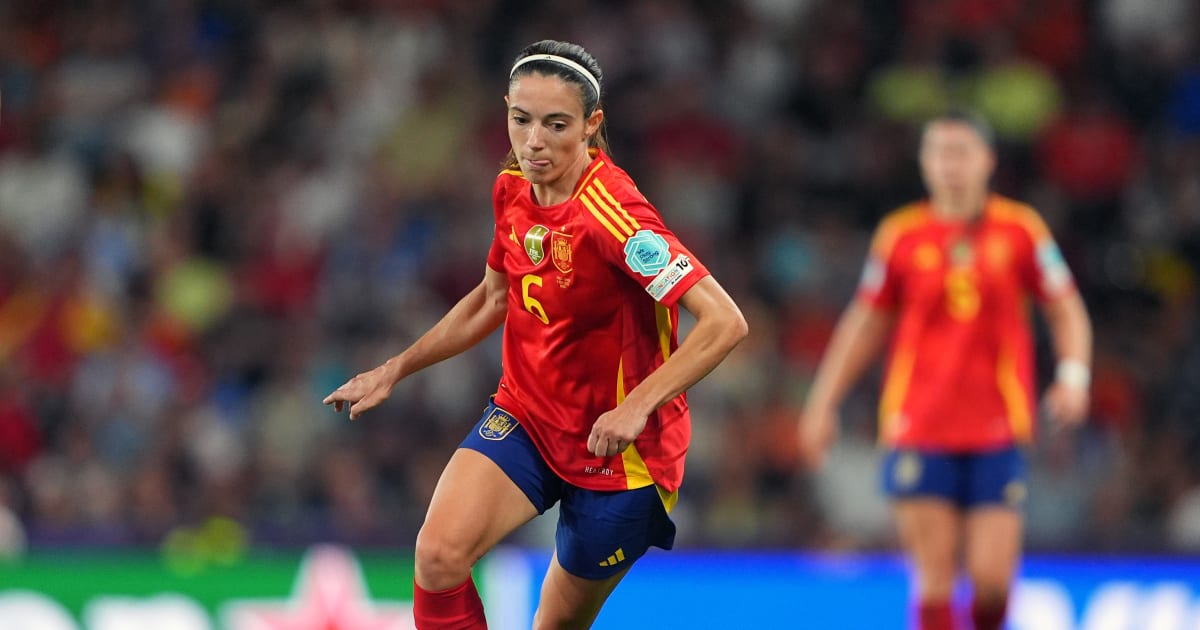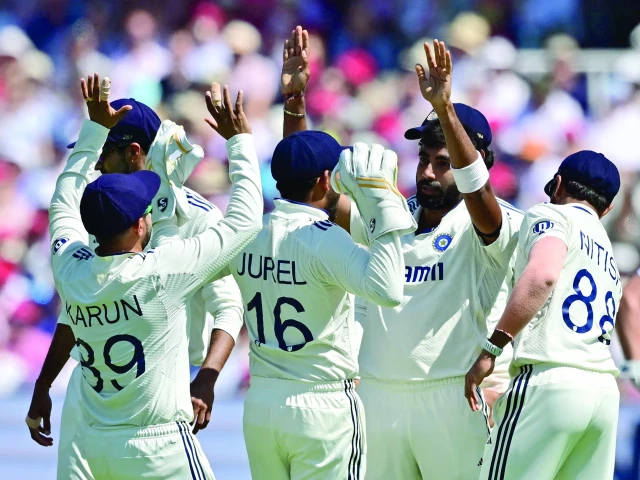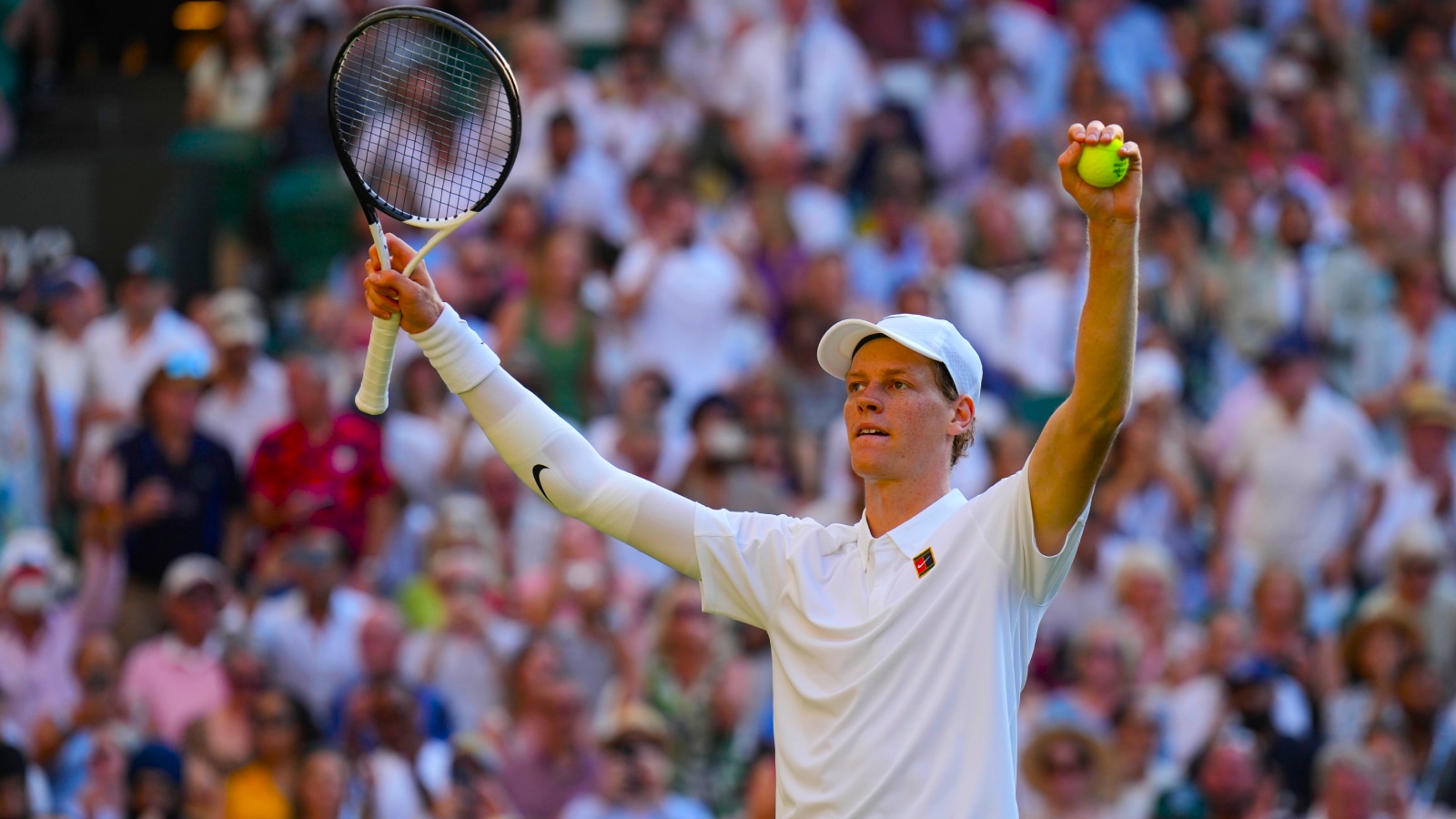Crystal Palace removal from Europa League a ‘terrible injustice’ - club chairman

Crystal Palace being denied entry to this coming season’s Europa League is a “terrible injustice” and a “bad day for football”, the club’s chairman Steve Parish has said.A UEFA panel has recommended that Palace are denied entry to the competition after it found that the club breached the governing body’s rules on multi-club ownership.AdvertisementThe south London club are now set to compete in the third-tier Conference League but intend to lodge an appeal with the Court of Arbitration for Sport (CAS). Nottingham Forest, who finished seventh in the Premier League and originally qualified for the Conference League, could now replace them in the Europa League.UEFA’s rules say that the next-best-placed club in the top domestic league of the same association will replace any team who drop out of its continental competitions, providing the replacement club ‘fulfils the admission criteria’ of the tournament and possesses the relevant license, but any confirmation of such is unlikely before the outcome of any potential CAS hearing.“We’re devastated,” Parish told Sky Sports.“It’s a bad day for football. It’s a terrible injustice. I do believe nobody want to see this. I don’t think Uefa wants to see this. We’ve been locked out of a European competition on the most ridiculous technicality. Supporters of all clubs should be devastated for us.”Palace had originally qualified for the Europa League by winning the FA Cup in May. Eberechi Eze scored the only goal of the game against Manchester City as the club lifted its first ever major trophy.UEFA’s rules state that no individual or legal entity can have “control or influence” over more than one club participating in a UEFA club competition, and European football’s governing body must be satisfied that the respective clubs are separate entities to maintain their tournaments’ integrity.Palace’s issue stems from Eagle Football, which owns a 43 per cent share of the club and is controlled by John Textor, also owning a majority stake in French club Lyon, who qualified for the competition.The club’s four general partners — Textor, chairman Parish, Josh Harris and David Blitzer — presented their case to the panel on June 3 but had their arguments rejected by UEFA, despite Textor agreeing on June 23 to sell Eagle’s stake in Palace to New York Jets owner Woody Johnson. The sale will have to be ratified by the Premier League, with Johnson being the subject of the league’s owners’ and directors’ test, a process which typically takes around two months.AdvertisementUEFA had postponed a verdict on Palace until the outcome of Lyon’s appeal against relegation to Ligue 2, which they won. Lyon had initially been demoted to the second-tier following a review of their financial situation by the Direction Nationale du Controle de Gestion, the body responsible for overseeing the finances of French football clubs, and agreed with UEFA that they would not play in Europe if their relegation was upheld.Palace won the FA Cup, a first major trophy in their history, back in May (Adrian Dennis/AFP via Getty Images)“Everyone knows we’re not part of a multi-club set-up,” Parish said on Friday. “We don’t share any staff. We’re caught up in a rule that wasn’t put there for us. I don’t understand why the panel has come to the conclusion they have done. I think we’ve shown John had no influence over our club.“This is a ludicrous decision. We will ask the appeal court to listen to our argument.”In July 2024, UEFA cleared multi-club pairs Manchester City and Girona (Champions League), and Manchester United and Nice (Europa League), to compete in the same tournaments due to off-field restructuring.European football’s governing body said that “following the implementation of significant changes by the concerned investors” in both Nice and Girona, no one has “control or decisive influence” over both teams.A statement from the First Chamber of UEFA’s Club Financial Control Body(CFCB) on Friday read: “The CFCB First Chamber had opened proceedings against Crystal Palace and Olympique Lyonnais due to a potential conflict with the multi-club ownership rule provided for in Article 5 of the UEFA Club Competitions Regulations.“On 9 July 2025, the appeal instance of the French financial control authority (DNCG) decided not to relegate Olympique Lyonnais to Ligue 2. Consequently, and following an assessment by the CFCB of all the other relevant conditions included in the settlement agreement, Olympique Lyonnais will not be excluded from the 2025/26 UEFA club competitions (see media release of 30 June 2025).Advertisement“Consequently, the CFCB First Chamber pursued the assessment of the documentation submitted by Olympique Lyonnais and Crystal Palace and concluded that the clubs breached, as at 1 March 2025, the multi-club ownership criteria foreseen in Art 5.01 of the UEFA Club Competition Regulations.“For this reason, and in accordance with the provisions set in Art. 5.02, 5.03 and 5.04 of the UEFA Club Competitions Regulations, the CFCB First Chamber decided:• To accept Olympique Lyonnais’ admission to the 2025/26 UEFA Europa League; and• To reject Crystal Palace’s admission to the 2025/26 UEFA Europa League and to accept Crystal Palace’s admission to the 2025/26 UEFA Conference League.“The present decision may be appealed against before the Court of Arbitration for Sport, in accordance with Articles 62 and 63 of the UEFA Statutes.”‘A burning sense of injustice’This feels eerily familiar. Palace were denied what they thought would be a UEFA Cup place after their most successful top-flight season saw them finish third in 1990-91 under Steve Coppell’s management. English clubs had been banned from European competition following the Heysel disaster in 1985, with Liverpool handed an extended ban. However, Liverpool’s ban was lifted a few weeks before the end of the campaign, meaning Palace missed out.This time around, in different circumstances, the ‘punishment’ is lighter, albeit no less infuriating given Palace will feel they have been denied the opportunity to participate in a competition for which they legitimately qualified. They will instead compete in the Europa Conference League, the lesser of the two tournaments.While that is some compensation, a burning sense of injustice will remain unless an appeal is successful if and when it’s heard by CAS, in which case Palace will, as they feel is their right, be admitted to the Europa League after all.AdvertisementIf Textor was still involved then this would have presented questions as to how sustainable the ownership situation was, but he will depart Palace when the sale of Eagle’s share completes.But the reality is that Palace have never operated like a true multi-club group, due primarily to Parish’s reluctance to embrace that model. While it may not have saved them a Europa League place here, it has prevented them from being caught up quite so much in the chaos that seems to be following Eagle in France.As it is, Palace’s ownership situation looks to now be more settled and they will be increasingly wary of taking any future investment that puts them in a potentially awkward position.This decision feels unjust given how little involvement Textor had, but UEFA believe they have failed to prove that Textor did not hold decisive influence. Unless they can successfully overturn the decision then it may be a source of regret that they did not foresee this potential conflict either when the American arrived or when they hoped to push for a European spot.On the back of their most successful Premier League season, this outcome threatens to overshadow their outstanding achievement and the joy that came with it in the most unjust manner.(Adrian Dennis/AFP via Getty Images)

/https%3A%2F%2Fsportsmole-media-prod.s3.gra.io.cloud.ovh.net%2F25%2F12%2Fluis-diaz.jpg)

.jpg)






